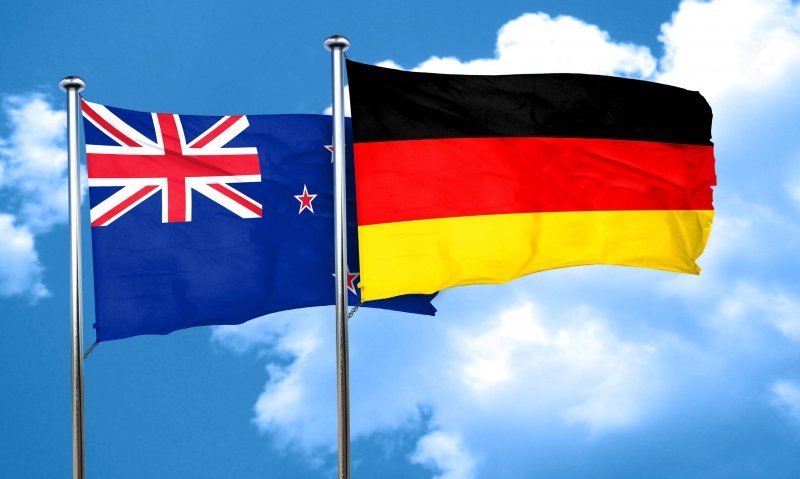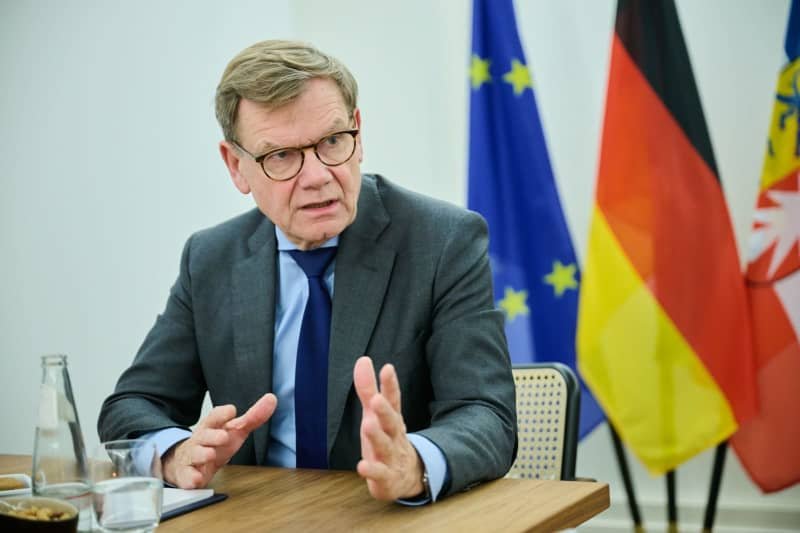Berlin, June 05, 2024, The Europe Today: In a compelling address to Germany’s lower house of parliament, the Bundestag, Defense Minister Boris Pistorius emphasized the urgent need to bolster the operational readiness of the Bundeswehr, Germany’s armed forces, by the close of the decade. Pistorius, echoing the heightened anxieties stemming from Russia’s full-scale invasion of Ukraine, reiterated the necessity for proactive measures to ensure Europe’s future security.
“We must be ready for war by 2029,” declared Pistorius, underscoring the gravity of the situation. “We must provide deterrence to prevent it from coming to the worst,” he added, emphasizing the pivotal roles of finances, materials, and personnel in achieving this imperative objective. Pistorius emphasized the importance of preparing a formidable cohort of young men and women capable of defending the nation in times of crisis, hinting at the potential reintroduction of some form of military service, albeit with obligations.
Pistorius, a prominent figure within Chancellor Olaf Scholz’s center-left Social Democrats, has initiated efforts within his ministry to explore viable models for military conscription. This proposal comes against the backdrop of a notable shift in public sentiment, with approximately half of German citizens indicating support for reinstating compulsory military service, as indicated by a Forsa survey conducted in March.
The defense minister’s remarks coincided with the approval of a comprehensive concept document by the German Cabinet, delineating the roles and responsibilities of the Bundeswehr, aid organizations, and civil defense authorities in the face of potential disasters and conflicts. This new framework supersedes a previous document dating back to 1989, now incorporating provisions to address contemporary threats such as cyber warfare and hybrid tactics.
Meanwhile, Chancellor Olaf Scholz affirmed the government’s commitment to fortifying the defense industry and fostering enhanced collaboration among European manufacturers. Addressing delegates at the International Aerospace Exhibition in Berlin, Scholz emphasized the imperative of a robust European and German defense industry capable of sustaining the production of essential weaponry and munitions. Highlighting the paradigm shift precipitated by Russia’s transgressions in Ukraine, Scholz announced Germany’s procurement of 20 additional Eurofighter jets from Airbus, augmenting the nation’s defense capabilities.
This announcement follows the German Defense Ministry’s recent decision to acquire two additional frigates, supplementing the four previously ordered vessels, as part of Berlin’s strategic realignment in defense policy, aptly dubbed “Zeitenwende.” In response to escalating tensions, Germany has commenced troop deployments in Lithuania, fortifying NATO’s eastern flank until the establishment of a permanent brigade in 2027.
As Germany confronts evolving security challenges, Pistorius and Scholz underscore the imperative of proactive measures and strategic investments to safeguard the nation’s interests and uphold regional stability amidst a rapidly changing geopolitical landscape.














